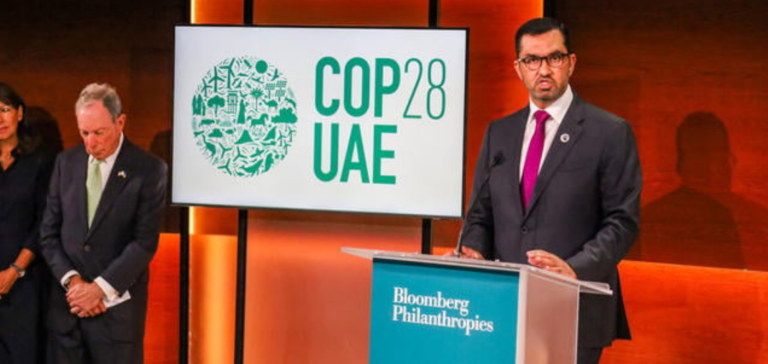On the eve of COP28, a vibrant call to action has been issued by top industry leaders. Indeed, these influential figures from the business world, particularly in the energy, transport and construction sectors, have called for greater investment in the ecological transition.
The Challenges and Urgency of Ecological Transition
Their recently-published article underlines the urgency of this approach if we are to achieve a new prosperity that generates jobs. However, the need for this mobilization stems from the current trajectory of greenhouse gas emissions, deemed incompatible with the goal of carbon neutrality set for 2050.
Investment and Innovation for Change
The leaders emphasize the crucial importance of increasing existing investments, particularly from the public sector, citizens and businesses, to promote a significant reduction in emissions and a change in production and consumption patterns.
Carbon neutrality: Objective 2050
These calls to action, from leaders such as Benoit Bazin (Saint-Gobain), Jean Laurent Bonnafé (BNP Paribas), Catherine McGregor (Engie), and others, highlight the urgency of the situation. What’s more, they express a collective determination to demonstrate that change is not only necessary, but also achievable.
Social Consensus and Equity in Transition
Despite the criticism often levelled at these companies for their contribution to greenhouse gas emissions, managers insist on their companies’ capacity for innovation, financing and collective action. What’s more, they stress the crucial role of popular support for this transformation.
The text highlights the interdependence between industrial initiatives and the social acceptance of these changes. Moreover, by advocating a transition that is perceived as fair and beneficial to all, the signatories of the tribune seek to create a consensus on the urgency of climate change and the need for decisive, concerted action.
The appeal from the heads of major companies underlines the urgency of collective action for an effective ecological transition. By focusing on innovation, financing and social commitment, they offer a promising prospect for a sustainable and equitable future.






















